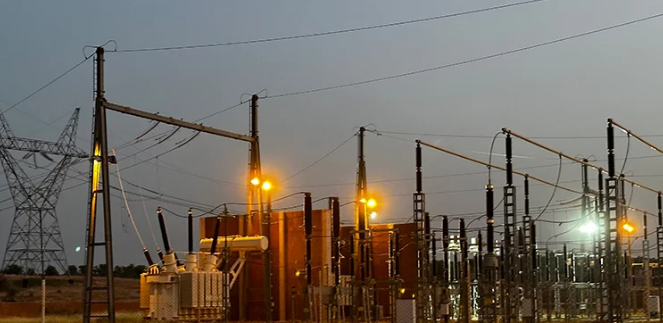Electrical advancements are essential to reshaping South Africa’s future, propelling economic expansion, and improving the lives of its people. In light of the nation’s issues related to energy scarcity, unstable power supplies, and the requirement for sustainable growth, technological breakthroughs in the electrical field are essential to national progress.
South Africa’s Energy Environment
The energy industry in South Africa is distinguished by its reliance on coal, which supplies around 77% of the nation’s energy needs. Due to our reliance on fossil fuels, there are now serious environmental issues, such as air pollution and high carbon emissions. Furthermore, the urgent need for modernization and energy source diversification has been brought to light by the deteriorating infrastructure and regular power outages.
Innovations in Renewable Energy
South Africa has been making significant investments in renewable energy technologies in response to these difficulties. One noteworthy program that aims to draw private investments in renewable energy projects is the Renewable Energy Independent Power Producer Procurement Programme, or REIPPPP. The initiative has been effective in adding more than 6,000 megawatts of renewable energy capacity—mainly from hydroelectric, solar, and wind power—to the national grid since its start.
Particularly, solar power has grown significantly. Because of its plentiful sunshine, the nation is a great place for solar energy installations. Large-scale solar farms and more effective photovoltaic cells are examples of how solar technology advancements have allowed South Africa to efficiently utilize this natural resource. One such instance is the Kathu Solar Park in the Northern Cape, which lowers the nation’s carbon footprint while supplying thousands of houses with clean electricity.

Intelligent Grid Technology
In South Africa, smart grid technology is also being adopted to provide a consistent and dependable electricity supply. A smart grid monitors and controls the electrical network more effectively by utilizing sophisticated sensors and digital connectivity. This technology facilitates the integration of renewable energy sources, efficient distribution of energy, and prompt detection and response to power outages. sources seamlessly.
One of the key benefits of a smart grid is its ability to accommodate decentralized energy generation. With more households and businesses installing solar panels and other renewable energy systems, the smart grid can efficiently manage the flow of electricity from these distributed sources, ensuring a balanced and resilient power network.
Energy Storage Solutions
Another crucial area of innovation in South Africa’s electrical landscape is energy storage. Since renewable energy sources, like solar and wind, are intermittent, efficient storage solutions are needed to maintain a steady power supply. Large-scale energy storage can now be achieved through the development of utility-scale battery storage systems, such as those being used in the Western Cape, which reduce dependency on fossil fuels and improve grid stability. The development of lithium-ion batteries in particular has made it possible to store large amounts of energy for use during periods of low generation.
Energy storage is a critical area of innovation in South Africa’s electrical landscape. Because renewable energy sources, such as wind and solar power, are sporadic, reliable power supplies require effective storage methods. Utility-scale battery storage systems, like those in the Western Cape, have made large-scale energy storage possible by lowering reliance on fossil fuels and enhancing grid stability. Large energy storage for usage during low-generation periods has been made possible, primarily by the invention of lithium-ion batteries.
In addition, as the electrical technology industry expands, new job possibilities and opportunities for skill development arise. A competent labor force is needed for the development and upkeep of energy storage systems, smart grid infrastructure, and renewable energy projects, all of which promote job creation and economic expansion.
In summary
Electrical advancements are vitally enabling progress as South Africa continues to negotiate the intricacies of its energy sector. The nation is addressing its energy concerns and laying the groundwork for sustainable development and enhanced citizen quality of life by investing in renewable energy, smart grid technology, and energy storage solutions. South Africa’s development has a bright future thanks to the revolutionary possibilities of electrical technology.